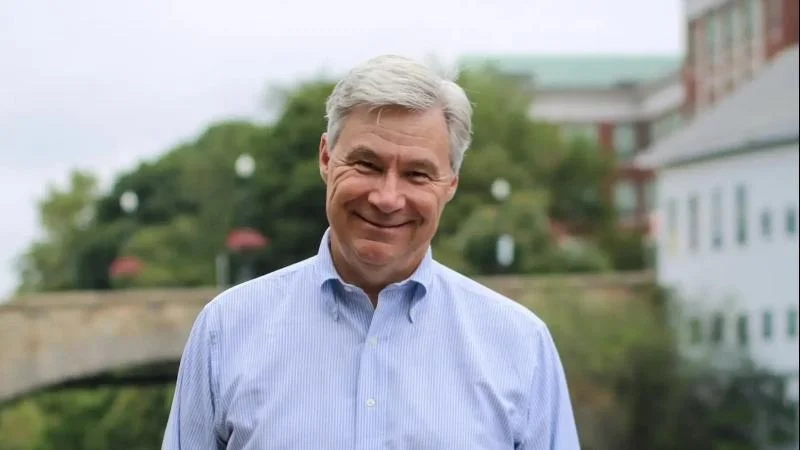Senator Sheldon Whitehouse, the Ranking Member of the U.S. Senate Environment and Public Works Committee, addressed the committee during a hearing focused on future policies for cleaning up and disposing of PFAS chemicals.
In his opening statement, Whitehouse described PFAS as a significant public health threat due to their persistence in water, food chains, and human bodies. He said: “Pandora’s Box has been opened, and these forever chemicals are here to stay in our water, our food chain, and our bodies. Chemical manufacturers and other polluters will try to pass the responsibility of managing the risks onto the rest of us.”
Whitehouse emphasized that current law under Superfund is designed to hold polluters accountable for chemical contamination. “The Superfund law is the best tool we have to hold polluters accountable. The retroactive, joint and several liability framework is crucial to its execution: if you are responsible for the release of harmful chemicals, you are also responsible for cleaning them up,” he stated.
He called on manufacturers who profited from PFAS production while Americans became ill to bear responsibility for cleanup costs. He added that while EPA or manufacturers can seek contributions from other parties involved in contamination, manufacturers should not use legal strategies to avoid their share of cleanup expenses.
Whitehouse noted that EPA has both authority and tools necessary for site remediation while protecting those who acted responsibly. He referenced an enforcement discretion memo from the Biden Administration but questioned whether current EPA leadership would enforce existing laws effectively.
He acknowledged one area where he supports recent EPA actions: “While I don’t agree with most of what this EPA does, I commend them for maintaining PFOS and PFOA as hazardous substances under Superfund. Even a broken clock is right twice a day.”
However, Whitehouse stressed that more research is needed into safe destruction or disposal methods for PFAS without causing further contamination. He criticized former Administrator Zeldin’s decision to shut down relevant research at EPA’s Office of Research and Development.
Whitehouse also highlighted funding challenges related to removing PFAS from drinking water supplies—specifically pointing out proposals by Trump-era officials to reduce State Revolving Funds used for such projects—and expressed concern about staff reductions at EPA impacting community guidance on handling PFAS exposure.
He concluded by stating: “EPA’s responsibility is to protect human health and the environment. But here again, we see evidence of EPA abdicating that responsibility and taking up the mantle of the Polluter Protection Agency.” Whitehouse welcomed testimony from witnesses regarding gaps in current policy and indicated willingness to work with Congress on solutions ensuring accountability in addressing PFAS contamination.









